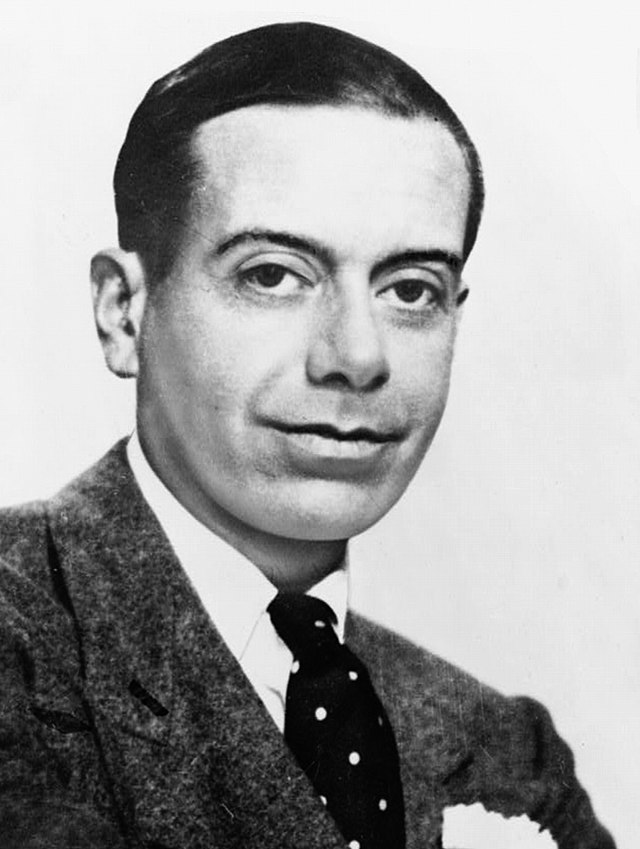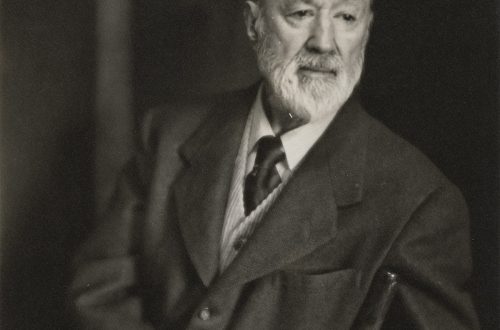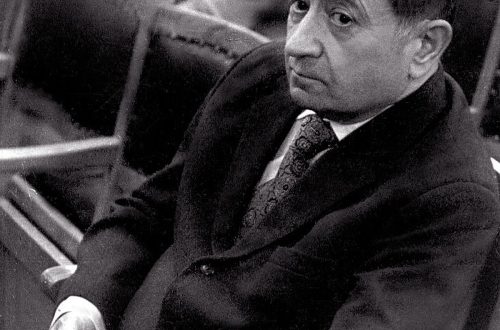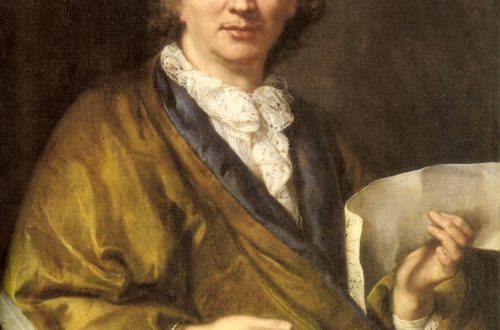
Cole Porter |
Cole Porter
A well-known American composer, who worked mainly in the genres of musical and film music, Porter left works that are distinguished by professional skill, depth of feeling, and wit. His music is not devoid of features of sentimentality, but sometimes rises to the level of philosophy.
Cole Porter was born on June 9, 1893 in the small town of Peru (Indiana). Love for music manifested itself in him early: the boy played the piano and violin, at the age of ten he composed songs and dances. The young man was educated at the Yale University School of Law, and then at the graduate school of Harvard. By this time, he realizes that his further life path should be connected with music, he quits law and goes to the music department. Angry relatives deprive him of his millionth inheritance.
In 1916, Porter wrote his first musical comedy. After her failure, he leaves America and enters the French army. First he serves in North Africa and then in France. Paris charms Porter. After the end of the war, he, having returned briefly to the United States, again travels to France, where he studies with the famous musician Vincent d’Andy.
In 1928, Porter finally returned to America. He writes songs on his own texts for Broadway theaters, turns to operetta (Paris, 1928), writes musicals, which are increasingly successful.
In 1937, Porter broke both of his legs in a fall from a horse. Over the next twenty years, he had to undergo more than thirty operations. He spent the last years of his life in New York, at the famous Waldorf Astoria Millionaires Hotel. Col Porter died on October 16, 1964 in California.
Among his works are more than five hundred action songs, a large number of musical revues and musicals, including “Look America First” (1916), “Hitchi-Koo 1919” (1919), “Paris” (1928), “Fifty Million French” (1929), “The New Yorker” (1930), “Merry Divorce” (1932), “Everything Goes” (1934), “Jubilee” (1935), “Dubarry Was a Lady” (1939), ” Something for the Boys (1943), The Seven Fine Arts (1944), Around the World (1946), Kiss Me Kat (1948), Can-Can (1953), Silk Stockings (1955) ), music for films, songs, ballet “Within the Quota” (1923).
L. Mikheeva, A. Orelovich





